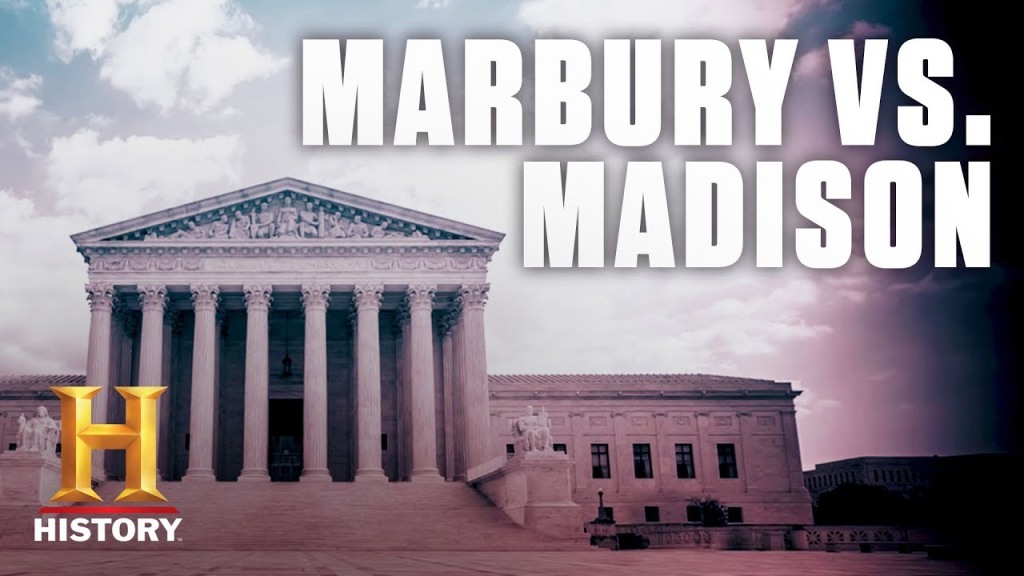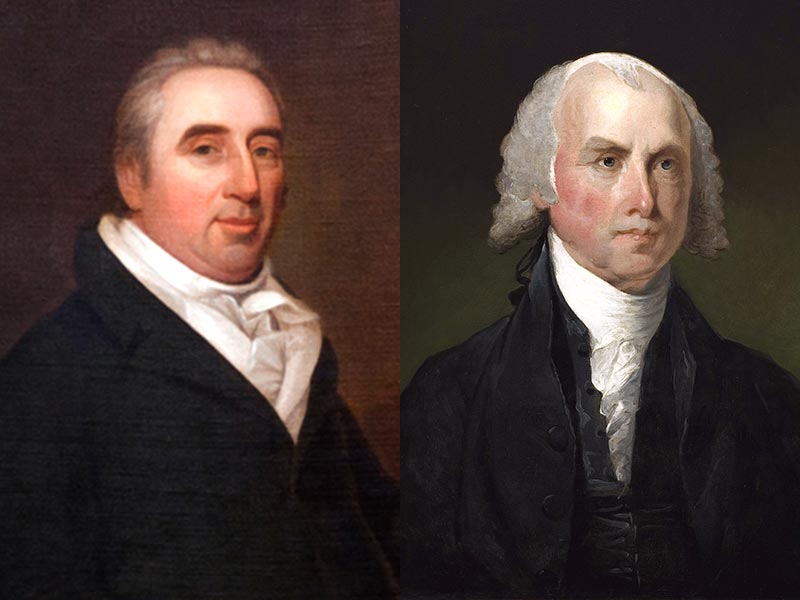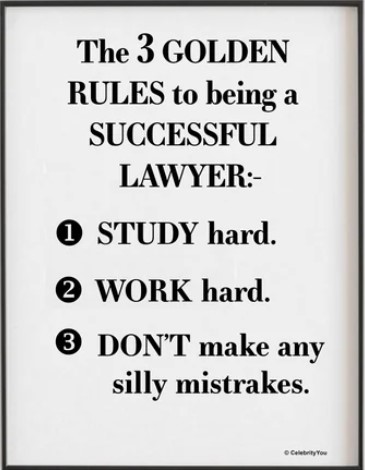
This educational series is sponsored by AutoGrabBag.com, a faith-based small business car accessory gift store.
This Supreme Court Series will present brief summaries of 45 of the Court’s most impactful decisions. This educational series is intended for everyone, not just law students, attorneys or judges. Every person that graduates from our public education system should have a basic working knowledge of the United States Supreme Court and at least some of these 45 landmark decisions, unfortunately, most do not.
Each of the blog posts in this series will be short and succinct, capable of being read within 5 minutes (short enough for even the most distracted teenager). This first post, however, will be a bit longer because it includes some basic Supreme Court background information. I encourage you to share these posts with anyone you think might benefit from them.
Note: You can receive email notifications for all upcoming posts by clicking on PendletonUpdates and adding your email under the “Subscribe” button.
- The US Supreme Court was formed in 1789. It’s gone from 5 seats to 10, and is now fixed at 9.
- It makes fewer than 100 decisions every year, but its choices have had a huge impact on the country.
- Some decisions have changed race relations for the better, empowered women, helped protect the environment, or guaranteed a person’s right to expression. Not every decision has aged well. Some decisions have strengthened racist laws, enabled forced sterilization, and allowed unequal schooling.
Supreme Court Background
Article III of the Constitution establishes the federal judiciary. Article III, Section I states that “The judicial Power of the United States, shall be vested in one supreme Court, and in such inferior Courts as the Congress may from time to time ordain and establish.” Although the Constitution establishes the Supreme Court, it permits Congress to decide how to organize it. Congress first exercised this power in the Judiciary Act of 1789. This Act created a Supreme Court with six justices. It also established the lower federal court system.
The Justices
Over the years, various Acts of Congress have altered the number of seats on the Supreme Court, from a low of five to a high of 10. Shortly after the Civil War, the number of seats on the Court was fixed at nine. Today, there is one Chief Justice and eight Associate Justices of the United States Supreme Court. Like all federal judges, justices are appointed by the President and are confirmed by the Senate. They, typically, hold office for life. These restrictions are meant to protect the independence of the judiciary from the political branches of government.
The Court’s Jurisdiction
Article III, Section II of the Constitution establishes the jurisdiction (legal ability to hear a case) of the Supreme Court. The Court has original jurisdiction (a case is tried before the Court) over certain cases, e.g., suits between two or more states and/or cases involving ambassadors and other public ministers. The Court has appellate jurisdiction (the Court can hear the case on appeal) on almost any other case that involves a point of constitutional and/or federal law. Some examples include cases to which the United States is a party, cases involving Treaties, and cases involving ships on the high seas and navigable waterways (admiralty cases).
Cases
When exercising its appellate jurisdiction, the Court, with a few exceptions, does not have to hear a case. The Certiorari Act of 1925 gives the Court the discretion to decide whether or not to do so. In a petition for a writ of certiorari, a party asks the Court to review its case. The Supreme Court agrees to hear about 100-150 of the more than 7,000 cases that it is asked to review each year.
Role
The Supreme Court plays a very important role in our constitutional system of government. First, as the highest court in the land, it is the court of last resort for those looking for justice. Second, due to its power of judicial review (explained below), it plays an essential role in ensuring that each branch of government recognizes the limits of its own power. Third, it protects civil rights and liberties by striking down laws that violate the Constitution. Finally, it sets appropriate limits on democratic government by ensuring that popular majorities cannot pass laws that harm and/or take undue advantage of unpopular minorities. In essence, it serves to ensure that the changing views of a majority do not undermine the fundamental values common to all Americans, i.e., freedom of speech, freedom of religion, and due process of law.
Judicial Review
The best-known power of the Supreme Court is judicial review, or the ability of the Court to declare a Legislative or Executive act in violation of the Constitution, is not found within the text of the Constitution itself. The Court established this doctrine in the case of Marbury v. Madison (1803).

The case: Before President Thomas Jefferson took office in 1801, lame duck John Adams and Congress created new courts and appointed dozens of judges, including William Marbury as Justice of the Peace in the District of Columbia. But the new administration’s Secretary of State James Madison wouldn’t validate the appointment. So Marbury sued.
The decision: The justices ruled unanimously that Madison’s refusal to validate the appointment was unlawful, but did not order Madison to hand over Marbury’s appointment commission via writ of mandamus (i.e. a court order which requires a party to perform a specific act required by law) because the law Marbury had sued under was also unconstitutional. The Court held that the provision of the Judiciary Act of 1789 enabling Marbury to bring his claim to the Supreme Court was itself unconstitutional, since it purported to extend the Court’s original jurisdiction beyond that which Article III, Section 2, established.
Chief Justice Marshall ruled that a writ of mandamus was the proper way to seek a remedy, but concluded that the Supreme Court could not issue it. Marshall reasoned that the Judiciary Act of 1789 (a congressional law) conflicted with the Constitution. Congress did not have power to modify the Constitution through regular legislation because the Constitution’s Supremacy Clause places the Constitution before the laws.
More importantly, this ruling held that the Supreme Court had the power of “judicial review” to decide whether a law or executive action is constitutional. This essentially gave the high court the legal authority for every decision it would make in the future (i.e. the power to declare a law unconstitutional).
DISCLAIMER: These resources are created by the Administrative Office of the U.S. Courts for educational purposes only. They may not reflect the current state of the law, and are not intended to provide legal advice, guidance on litigation, or commentary on any pending case or legislation.









